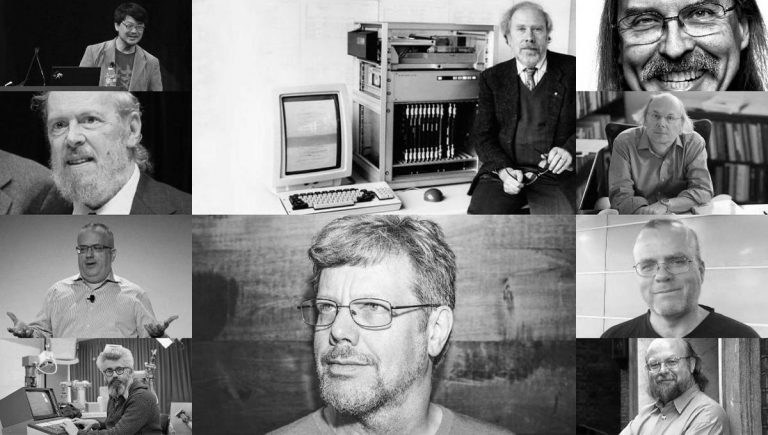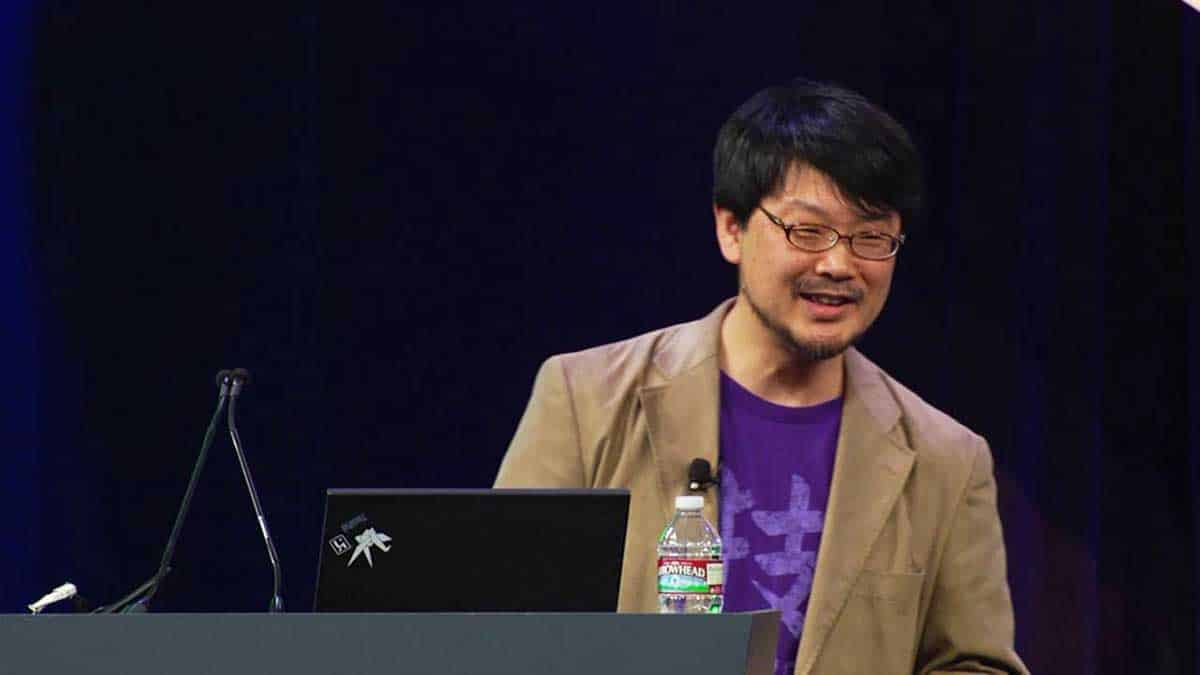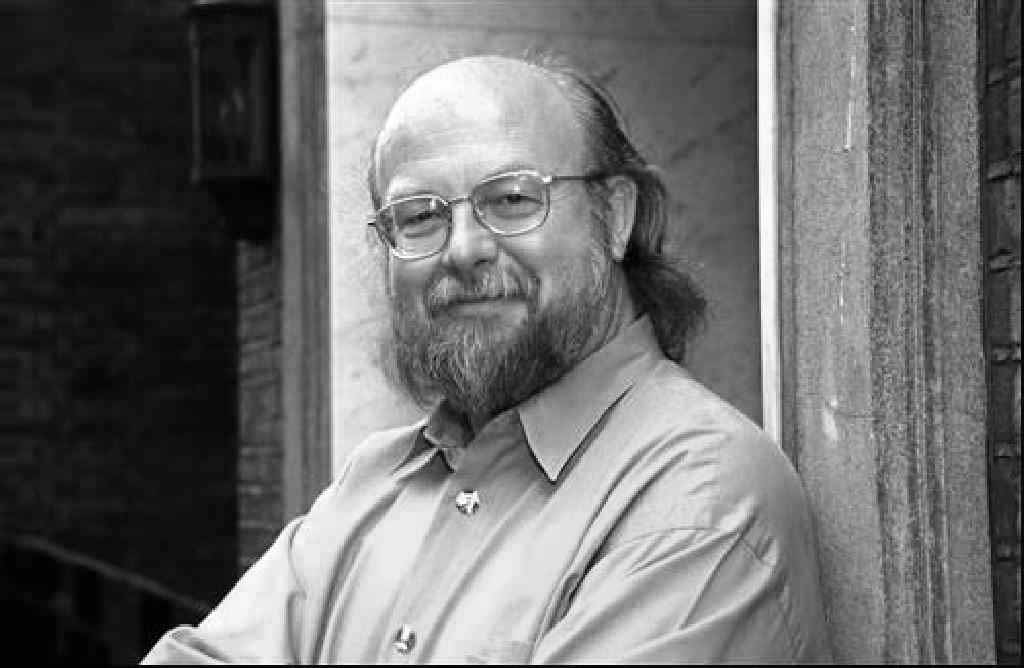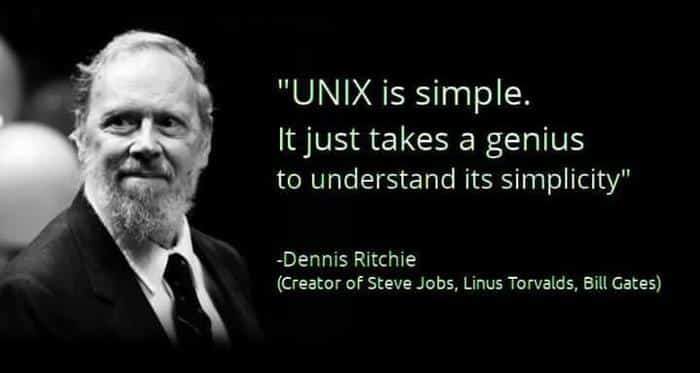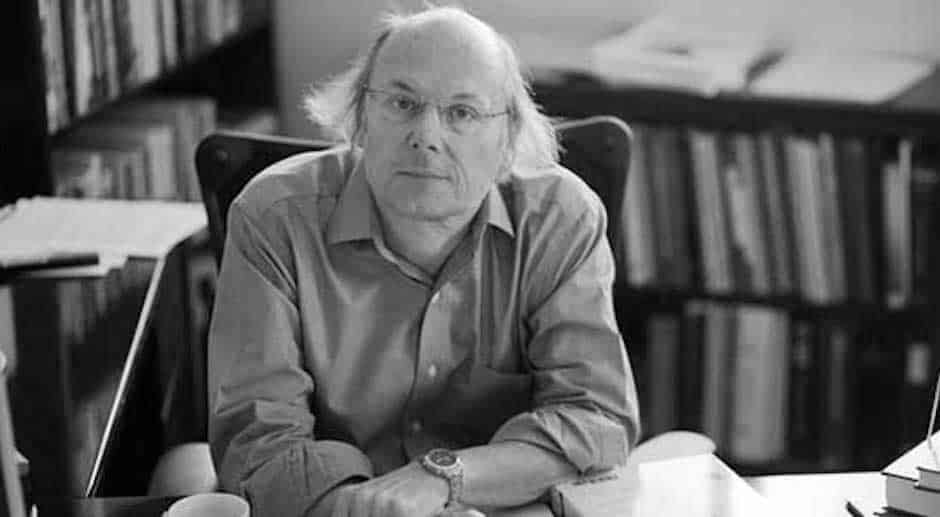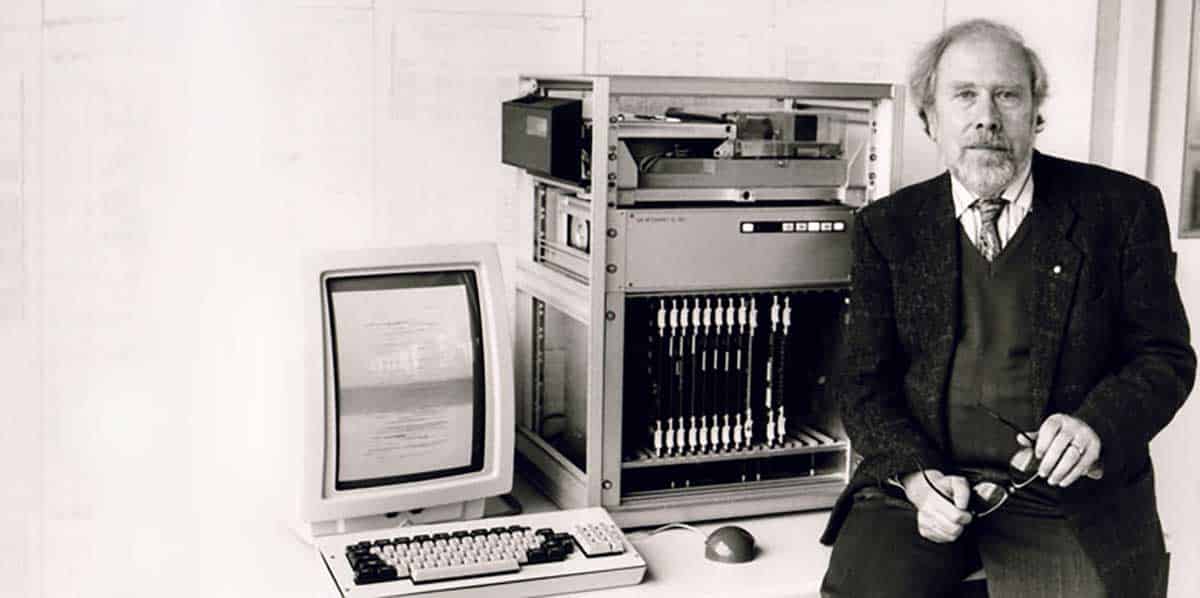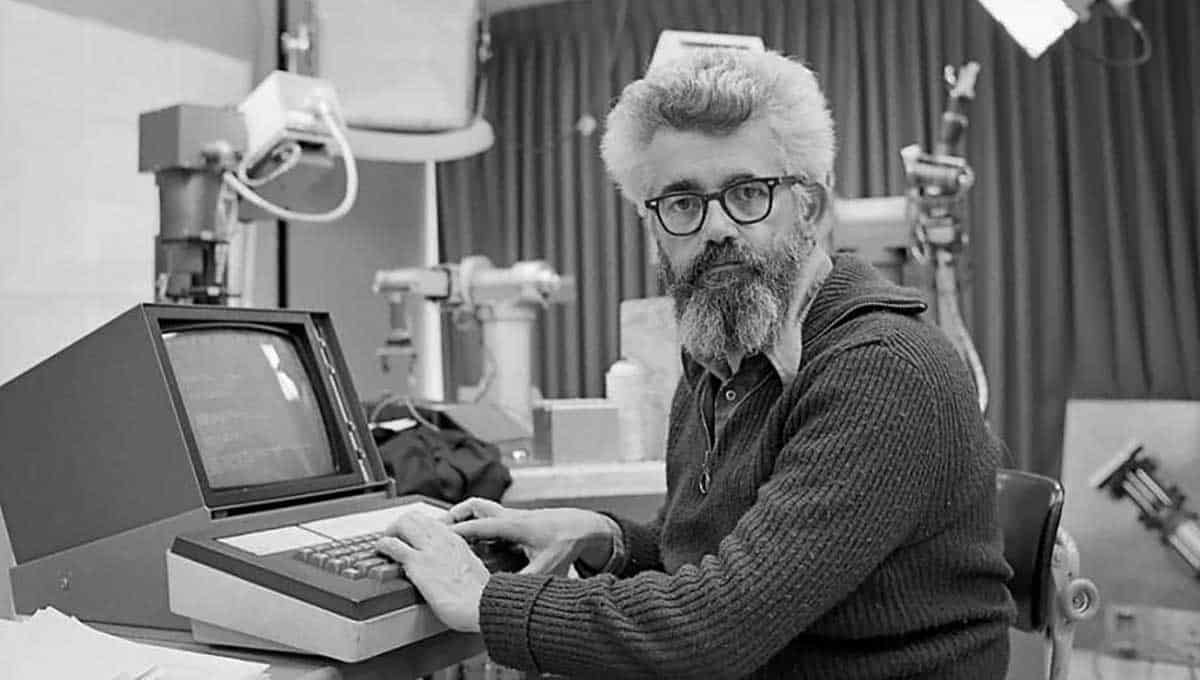Sometimes, when something becomes so popular, we tend to forget the people behind it over time. For an instance, a song. We know the lyrics as well as the one who sang it but a composer who really did the song is forgotten. Just like in programming languages, you know what they are called, what they do but do you really know who invented them? Now is the time to look back to the top 10 popular programming languages and their creators.
Contents
1. Python – Guido van Rossum
Guido van Rossum was a Dutch programmer born January 31 January 1956. He is known as the author of the Python programming language which was initially released in 1991. The design philosophy that embodies Python emphasizes the code readability using significant whitespace. It also provides constructs that enable clear programming on both small and large scales.
2. Ruby – Yukihiro Matsumoto
Ruby was developed by Yukihiro “Matz” Matsumoto, a computer scientist and software programmer. It is an object-oriented, general-purpose programming language that was developed in the mid-1990s in Japan. Matz was born on the 14th day of April 1965. Matsumoto is the Chief Architect of Ruby at Heroku as of 2011. It is an online cloud platform-as-a-service in San Francisco.
3. Java – James Gosling
James Arthur Gosling was born on May 19, 1955. He is a Canadian computer scientist who is best known as the founder and lead designer behind the Java programming language. Java is a general-purpose computer programming language. It is class-based and object-oriented. It is specifically designed to have as few implementation dependencies as possible.
4. C – Dennis Ritchie
C is a general-purpose and imperative computer programming language designed by Dennis Ritchie. Dennis MacAlistair Ritchie was born on September 9, 1941, and died on October 12, 2011, at the age of 70 years old. He was an American computer scientist known to have a great share in the field of computer science. He was the head of Lucent Technologies System Software Research Department when he retired in 2007 and the “R” in K&R C.
Also Read: Five Facts about Dennis Richie – The Inventor of C Language
5. C++ – Bjarne Stroustrup
Bjarne Stroustrup was born on December 30, 1950. He is a Danish computer scientist who created and developed the widely used C++ programming language. Stroustrup is a visiting professor at Columbia University and a Managing Director in Morgan Stanley New York.
C++ first appeared in 1985. It is a general-purpose programming language that has imperative, object-oriented and generic programming features. It also provides facilities for low-level memory manipulation.
Also Read: C vs C++, Which Programming language is better?
6. PHP – Rasmus Lerdorf
Rasmus Lerdorf, a Danish-Canadian programmer was born on the 22nd of November 1968. He was the one who created the PHP scripting language. He authored the first two versions of the language. Furthermore, he still participates in the development of later versions led by a group of developers including Jim Winstead, Stig Bakken, Shane Caraveo, Andi Gutmans, and Zeev Suraski.
PHP: Hypertext Preprocessor is a server-side scripting language which is not only designed for web development but also used as a general-purpose programming language in 1994.
Also Read: 20 Interesting facts about PHP every developer should know
7. Perl – Larry Wall

Larry Wall is an American computer programmer and author born on September 27, 1954. He was the one who created the Perl programming language.
Perl is a high-level, general-purpose, interpreted and dynamic programming language.
8. JavaScript – Brendan Eich
JavaScript first appeared on December 4, 1995. It is a high-level, interpreted programming language developed by Brendan Eich. JavaScript is also characterized as dynamic, weakly typed, prototype-based and multi-paradigm.
Brendan Eich was born on July 4, 1961. He is the American technologist who developed JS. He also co-founded the Mozilla project, Mozilla Foundation, and Mozilla Corporation. He was then served as the Mozilla Corporation’s chief technical officer and briefly its chief executive officer.
Also Read: Java Vs JavaScript – Why is JavaScript called JavaScript?
9. Pascal – Niklaus Wirth
Pascal is an imperative and procedural programming language developed by Niklaus Wirth. He is a Swiss computer scientist born on the 15th day of February 1934.
10. Lisp – John McCarthy
John McCarthy was an American computer scientist and cognitive scientist born on September 4, 1927, and died on October 24, 2011. He was one of the founders of the discipline of artificial intelligence and developed the Lisp programming language family,
Lisp is a family of computer programming languages with a long history and a distinctive, fully parenthesized prefix notation that first appeared in 1958.
Also Read: 5 Best Programming Languages for Artificial Intelligence Systems
Behind every successful programming language is a man or a woman behind it. Let us celebrate their discoveries and be thankful for their contribution to the field of computer science.

